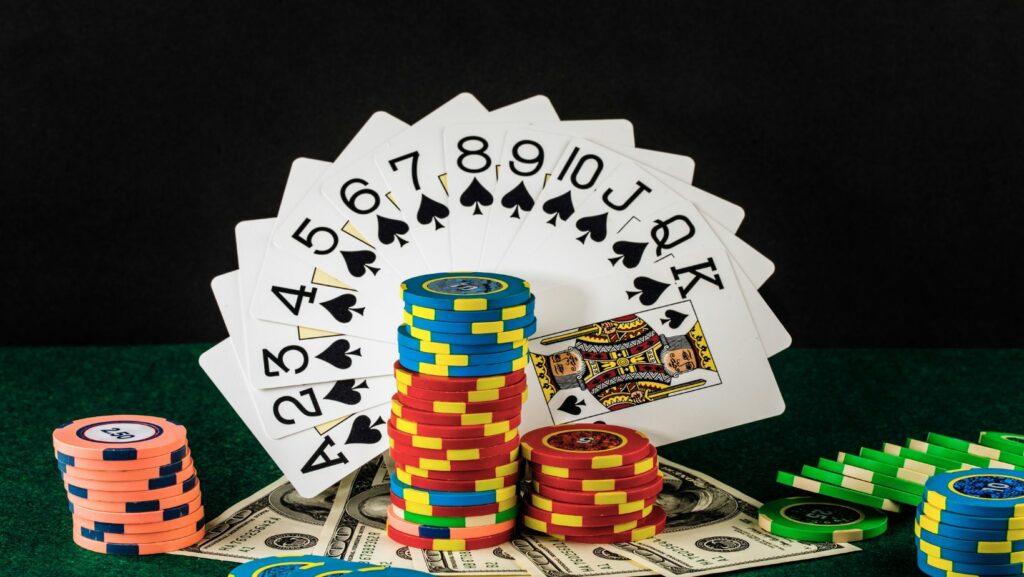Gambling was one of the main factors in the development of human culture for ages. The craze for betting did not only exist in the present but also among ancient people as is evidenced by the history of mankind – from the first dice games to today’s online gambling platforms. The question still remains why do people gamble? What amount is it that makes one set of people to quit after a tiny victory and another keep playing till they lose everything? Fresh information reveals the truth of the gambling habits.
Science Behind Gambling Decisions
When people gamble, their brains work in special ways. Data from many studies shows that gambling lights up the brain’s reward system. This is the same part that reacts to food, drugs and sex.
A big study by MIT and Harvard looked at over 4,000 gamblers. It found that most people do not plan to spend as much as they do. They start with a small amount in mind. But as they play, they change their plans.
The brain chemical dopamine plays a key role. When we win, we get a rush of dopamine. This feels good. Our brains want more of this good feeling. This helps explain why some people keep gambling even when they lose money.
Key Brain Chemicals in Gambling
- Dopamine – Creates the “high” when winning
- Serotonin – Affects mood and can drop during losing streaks
- Adrenaline – Causes excitement when taking risks
- Endorphins – Natural feel-good chemicals released during play
Patterns Revealed by Casino Data
Operators like mFortune Casino UK track how people play. They know when you arrive, what games you play and how much you bet. This data shows clear patterns.
One big study looked at data from 18 casinos. It found that most people gamble in a “U” pattern. They start slow, bet more in the middle of their session, then slow down again. But problem gamblers show a different pattern. They bet more and more as time goes on.
The data also shows that most people play for about 1.5 hours per visit. But about 10% of gamblers stay for over 5 hours. These long-stay players make up 50% of casino profits.
Time of Day Effects
The time when people gamble affects how they play. Morning gamblers tend to be more careful. Night gamblers take bigger risks. Weekend players bet more than weekday players.
Numbers Behind Different Types of Gamblers
Not all gamblers are the same. Data helps us see the main types.
| Gambler Type | Average Bet Size | Session Length | Win/Loss Behavior | Percentage of Population |
| Social | $5-$25 | 1-2 hours | Stops after budget | 70% |
| Serious | $25-$100 | 2-4 hours | Sets win goals | 20% |
| Professional | $100+ | 4-8 hours | Uses systems | 1% |
| Problem | Varies widely | 5+ hours | Chases losses | 9% |
The data shows that problem gamblers often “chase losses.” This means they keep betting to try to win back money they lost. This is a bad sign. It can lead to big money troubles.
Online vs. In-Person Gambling Behaviors
The rise of online gambling has changed how people bet. Data from online casinos shows some big differences.
 Online gamblers:
Online gamblers:
- Play faster – about 15% more hands per hour
- Make more bets – average of 40 bets per session vs. 30 in person
- Spend less time overall – sessions are 20% shorter
- Are more likely to use betting systems
In-person gamblers spend more time socializing. They take breaks to eat, drink, or talk. Online gamblers focus more on just the betting.
Mobile Gambling Trends
Mobile gambling shows its own patterns. People who gamble on phones:
- Bet in shorter bursts
- Gamble more often throughout the day
- Place smaller bets on average
- Are more likely to gamble while doing other things
How Gamblers React to Winning and Losing
Data shows that wins and losses change how people bet. After a win, most gamblers bet more. They feel lucky. After losing, some people bet less. But problem gamblers often bet more after losing.
One study tracked 2,000 gamblers for six months. It found that big early wins can lead to problems later. People who win a lot when they first start gambling often keep playing to try to feel that big win again.
The data also shows that near-misses (like getting two out of three matching symbols) make people want to keep playing. The brain reacts to near-misses almost like wins.
What This Means for Responsible Gambling
Understanding these patterns helps create better ways to gamble safely. Many casinos now use data to spot problem gambling signs. They can then offer help to those who need it.
Some new tools let gamblers set limits before they start playing. The data shows these tools work best when people can’t change the limits once they start playing.
The most successful programs use data to give players feedback about their habits. When people see how their behavior compares to others, they often make better choices.

